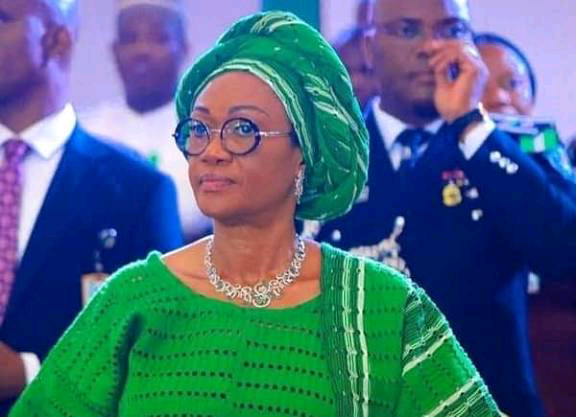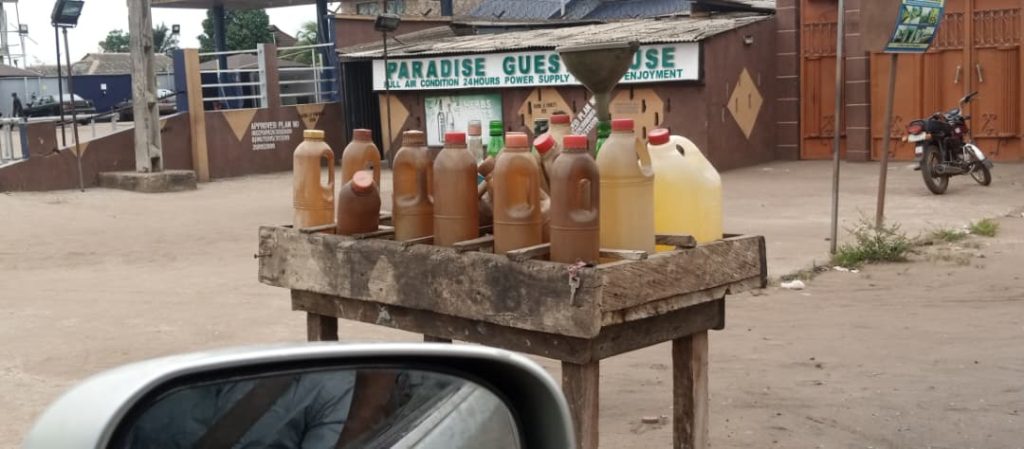Nigeria May Still Battle Poverty, Hunger in 20 Years — Economist Paul Alaje

Chief Economist at SPM Professionals, Paul Alaje, has warned that Nigeria could still be struggling with poverty and hunger two decades from now if urgent reforms are not implemented to address structural weaknesses in the economy.
Speaking during an interview on Channels Television, Alaje said the country’s current development path is unsustainable and risks deepening the hardship faced by millions of Nigerians.
“If we continue on the current path, with limited investment in human capital, agriculture, and industrialisation, the poverty rate may not significantly change even in the next 20 years,” he said.
Alaje identified weak governance, policy inconsistencies, rapid population growth, and worsening climate conditions as major factors threatening long-term economic stability.
His warning aligns with recent projections by the United Nations and Nigerian authorities, which estimate that over 33 million Nigerians may face food insecurity by August 2024, a sharp increase from 24.8 million in 2023. The situation has been worsened by inflation, flooding, insecurity, and the removal of fuel subsidies all of which have driven up food prices and reduced agricultural output.
According to Alaje, Nigeria needs more than fiscal adjustments to change its economic narrative. He called for a bold, coordinated national development strategy that prioritises investment in agriculture, education, infrastructure, and employment—especially for the youth.
“What we need is a coordinated national strategy not just budgetary allocations that ensures investments are reaching the poorest Nigerians and revitalising the rural economy,” he said.
With over 60 percent of Nigerians currently living below the poverty line, Alaje’s remarks serve as a critical reminder of the urgent need for transformative economic policies and political commitment to secure Nigeria’s future.







